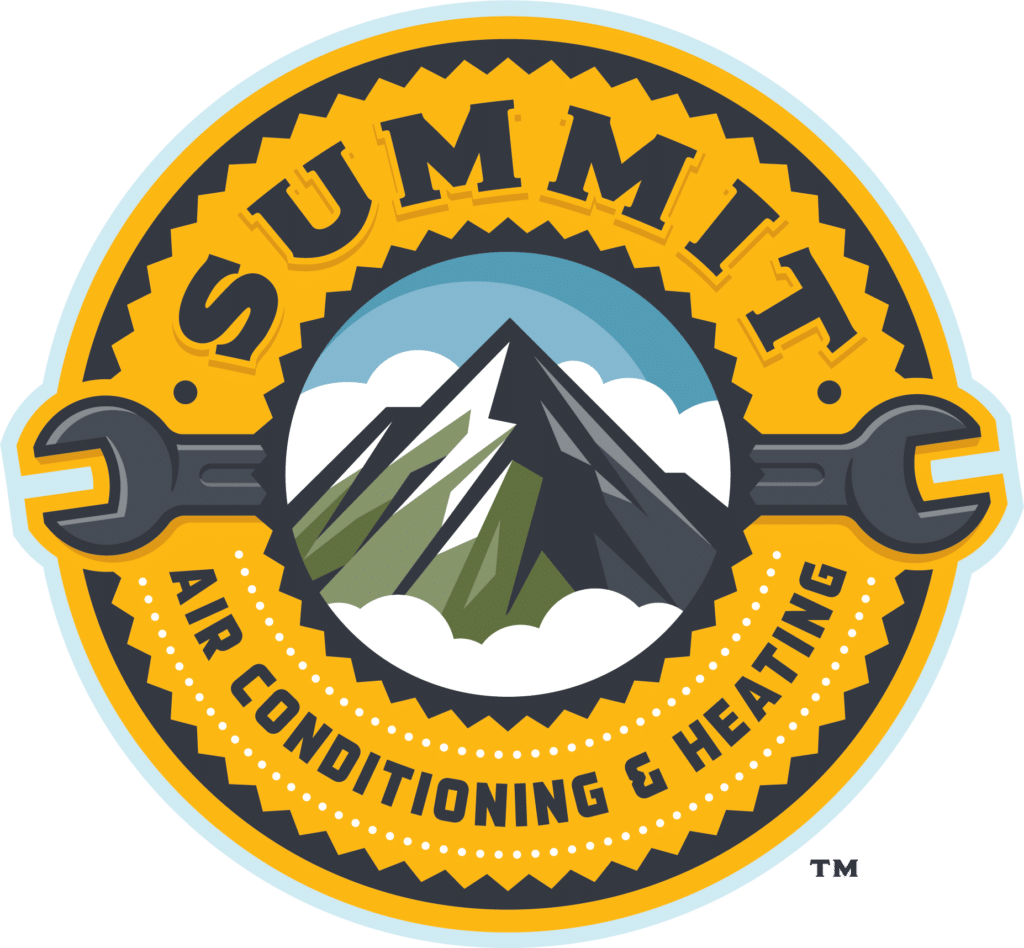Air Conditioner Weather Considerations In Buda, TX
Many Buda residents value the spring and summer, deeming them as their favorite seasons. The seasonal festivities are endless in this Hays County community, from exploring nearby Central Texas wineries to taking a dip in the nearby San Marcos River. However, these seasons are known to bring storms that can affect your HVAC system, creating a demand for AC repairs.
At Summit Air Conditioning & Heating, we specialize in air conditioner services that fight the effects of poor weather. When bad weather strikes and leaves a broken unit in its path, you can rely on us to get it working again. For more information and tips on how to protect your HVAC system from harsh weather, read on!
Types Of Weather Damage To Your AC Unit
Your outdoor unit is designed to withstand many environmental factors, but it is not invincible. Certain weather conditions can cause serious harm over time if not properly addressed. Below are potential ways weather can affect your AC unit:
- Heat — Consistent exposure to heat can lead to the system overheating.
- Rain and moisture — Water can damage or rust internal components.
- Hail — Large hailstones can physically dent or crack the unit.
- Windblown debris — Strong winds can blow debris into your unit, clogging fins or damaging coils.
Being aware of these potential risks will help you take precautions to ensure that your air conditioner operates smoothly during all seasons.
How Do Storms Affect My Outdoor System?
Storms can affect an HVAC system in many ways. Understanding the potential risks and pitfalls can help you take adequate precautions, from scheduling prompt repairs after a storm to contacting our team for preventative air conditioner maintenance.
Rain And Moisture Damage
While rain is necessary for the environment, too much moisture can harm your air conditioner. Moisture can seep into your system, damaging its internal components. Additionally, standing water around the outdoor unit can lead to rust, which can shorten the lifespan of your system.
Make sure your unit is installed in a location that prevents water from collecting around it. If your system is in a low-lying area, consider installing a drainage system to move water away from the unit. Keeping the area around the unit clear of debris can also help prevent moisture buildup.
Clogged Condenser Coils
Airborne dust and debris can clog the aluminum fins of your outdoor system’s condenser coil. The clogging will restrict the airflow and interfere with how the unit functions. Fortunately, this problem can be easily corrected using a gentle condenser coil cleaner and a garden hose.
Bent Coil Fins
The outdoor unit’s aluminum fins can be easily bent or flattened by strong winds and flying objects. You can use a fin comb to solve this problem. Hailstones can cause more significant damage, but investing in a protective cover for storm seasons can prevent impact-related problems. Make sure to use this cover sparingly to prevent moisture buildup inside the unit.
Foreign Object Damage
Similarly, wind and flying debris from storms can cause physical damage to your outdoor unit. If tree branches, leaves or other debris get lodged in your unit, it can block airflow or damage the internal components.
Can Air Conditioning Run During A Storm?
Yes, your air conditioner can operate during storms, but there are some precautions to take. If the storm involves strong winds or hail, it’s safer to turn off the unit to prevent potential damage. It’s best to always remain cautious if you’re unsure whether or not you can operate your system during a storm.
How to Protect Your Air Conditioning Unit From Weather Damage
Now that we’ve covered how weather can affect your AC, let’s take a look at steps you can take to safeguard your investment:
- Clear the area — Remove leaves, branches and other objects around the unit to prevent clogging or damage.
- Regular maintenance — Schedule regular AC maintenance to keep your unit running smoothly.
- Check for leaks — Inspect hoses and seals for leaks, as they can cause moisture damage over time.
- Elevate the unit — If possible, slightly elevate your unit during installation to prevent water from pooling around it.
Safeguard Your Outdoor AC Unit With Regular Maintenance
The weather in Buda can be unpredictable. By understanding how it affects your air conditioner, you can take the necessary steps to prevent damage and ensure your system’s longevity. Regular maintenance — including cleaning and inspections — will keep your outdoor unit protected year-round.
Summit Air Conditioning & Heating keeps your air conditioner running at its best, even when the weather is at its worst. Contact us today for professional AC maintenance or any weather-related repairs to ensure your system remains efficient and damage-free.


